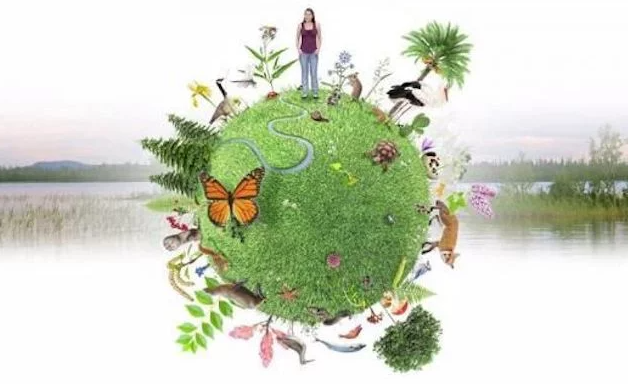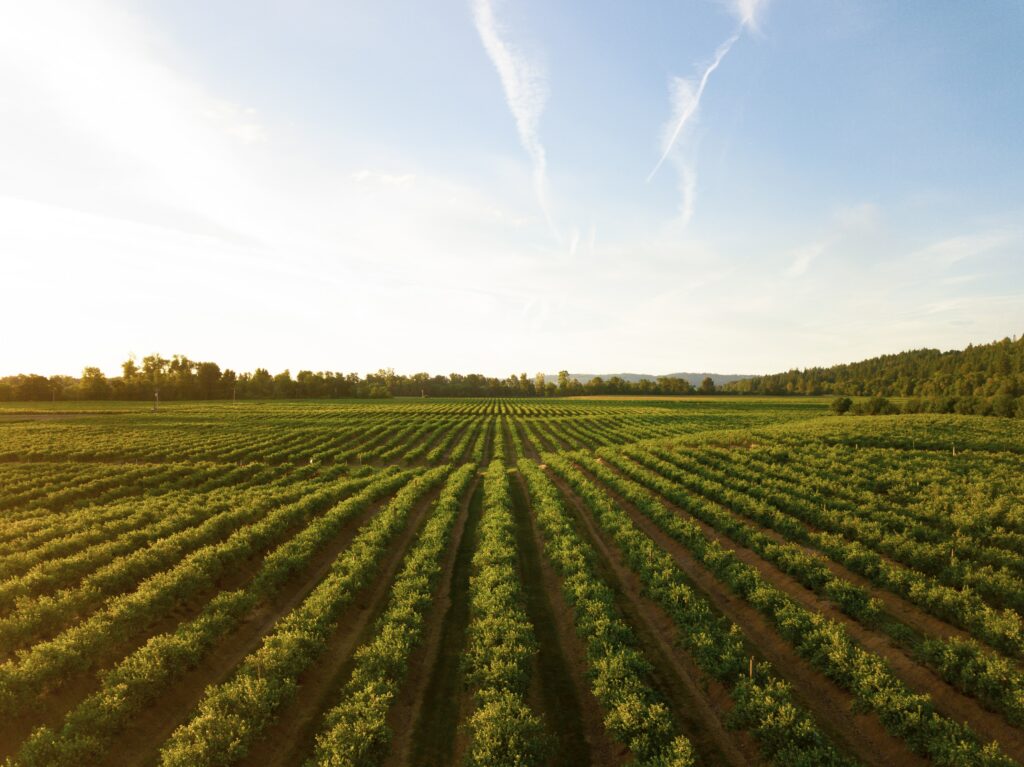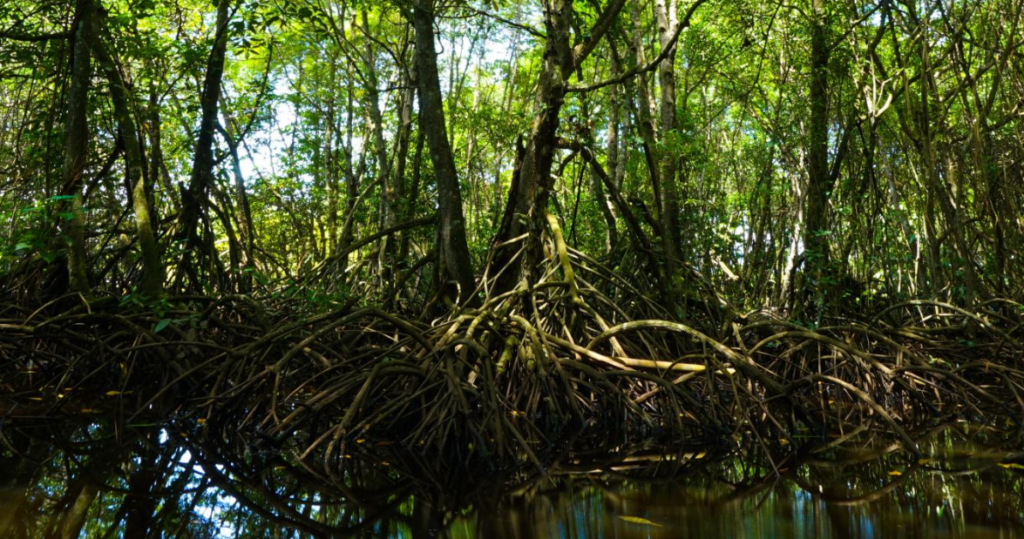From seeds and sustainability: how agriculture can help save the planet

I’ll tell you a story about elephants and farmers in Gabon, it turns out that farmers in this Central African nation are having problems with elephants trampling their fields and damaging their crops. Although Gabon has been successful in conserving African elephants, the increasing demand for food has led to elephants eating much of the crops, which has become a political issue that affects the image of the government.
As a result, the balance between conservation and agriculture is not easy, if policies are tilted towards farmers, important habitats or species could be lost. Leaning efforts towards animals or the land could cause people to lose their livelihoods. So how to fix this problem? Well, some suggest paying farmers to support the environment, but a study led by Andrew Reid Bell, assistant professor of Earth and Environment at Boston University’s College of Arts and Sciences, found that payments don’t always reconcile the tension between agricultural production and the health of the planet.


To test how farmers around the world react when faced with conservation dilemmas, Bell and an international team of researchers used video games. After analyzing the results of the games, conducting surveys, and interviewing the participants, the research team found that including more women in decision-making was an effective strategy for improving conservation and agricultural production. Women’s participation boosted cooperation among farmers on environmental issues and increased production, demonstrating that gender equality is not only a matter of social justice, but also a practical way to address environmental and economic challenges.
This finding has important implications for decision-making in the agricultural sector and for biodiversity conservation around the world. According to Bell, the inclusion of women in decision-making can not only help find more effective solutions to environmental problems, but also improve the quality of life in rural communities and foster sustainable development.





Responses